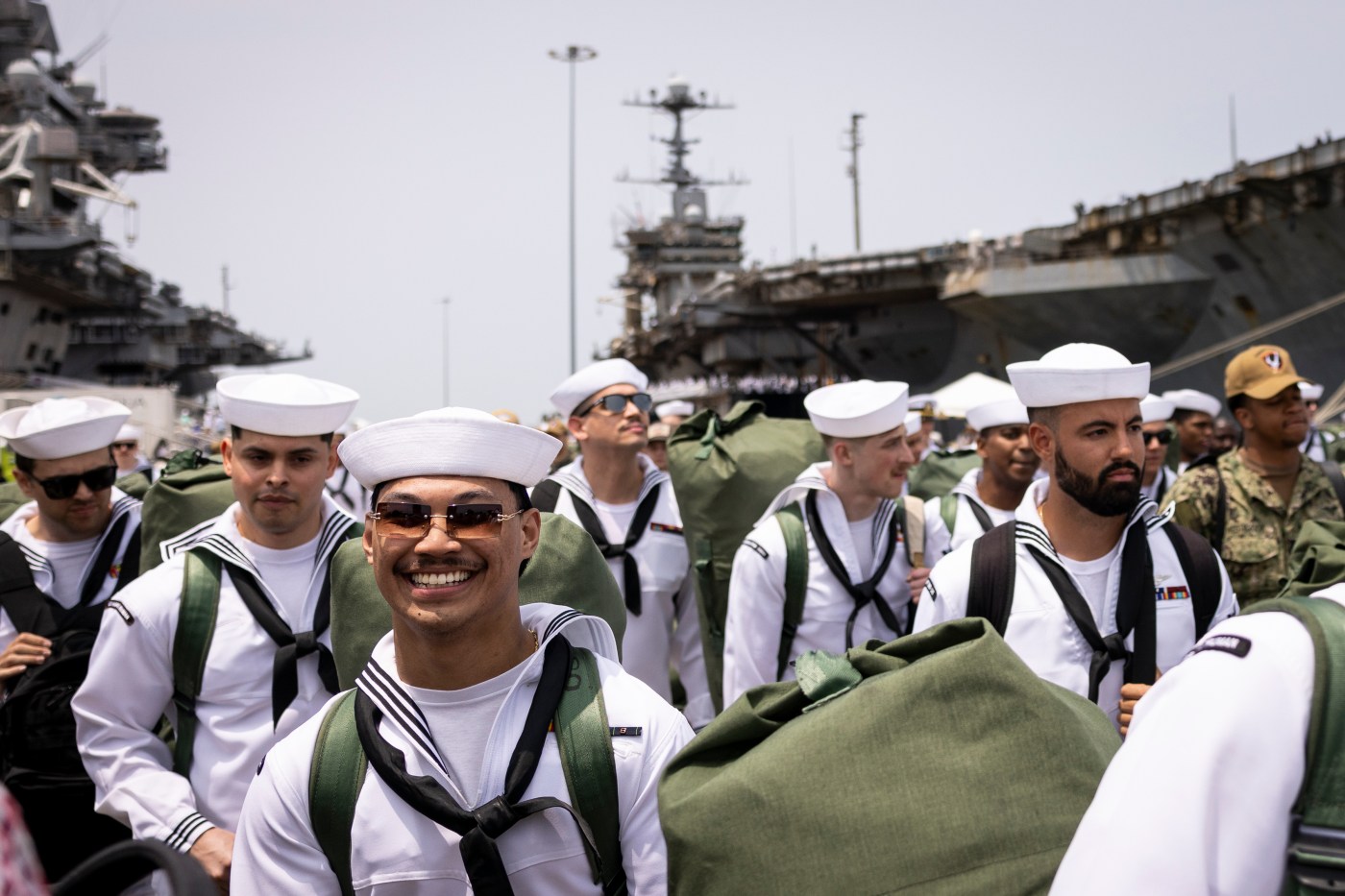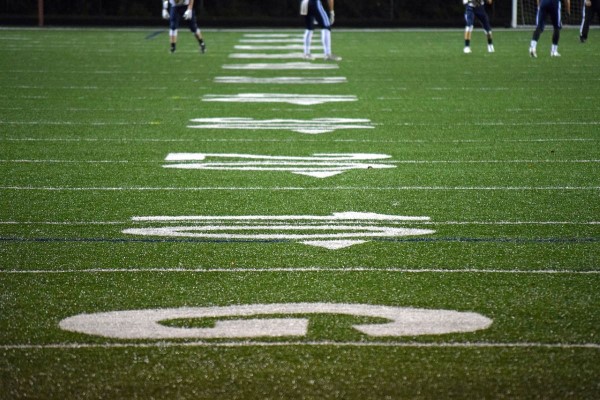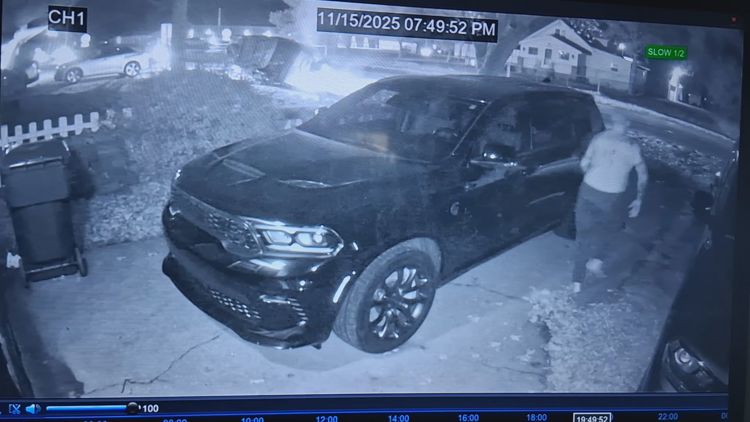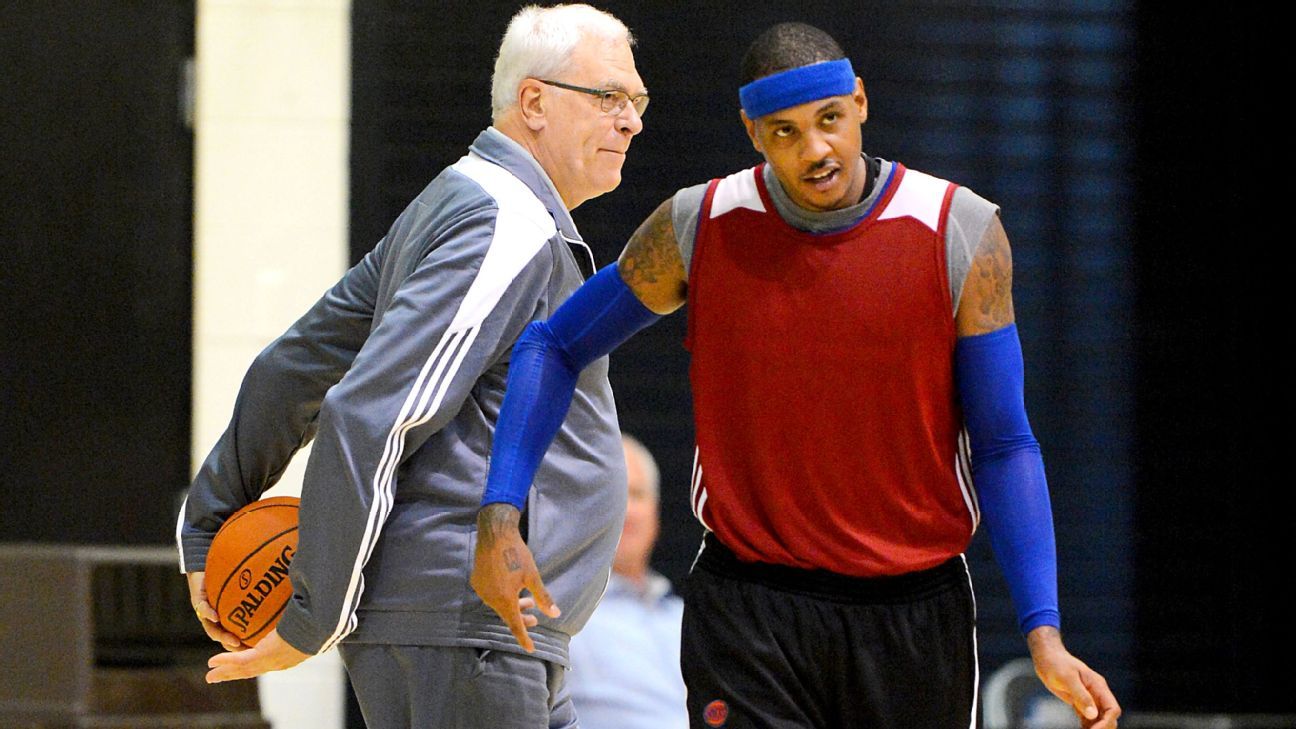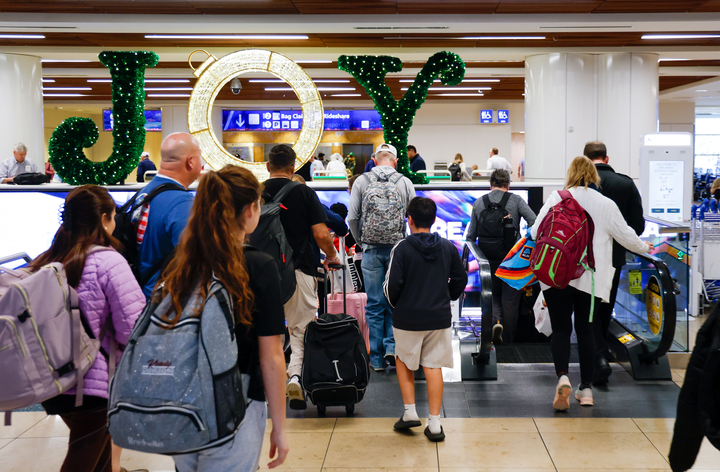URGENT UPDATE: A groundbreaking study released by the Center for a New American Security outlines a dramatic shift in the profile of U.S. veterans by 2050. This report, titled “The Future Veteran: Who Will They Be in 2050?”, emphasizes that future veterans will be shaped by technological advancements, demographic changes, and evolving warfare strategies.
As we approach Veterans Day, the need for a fresh understanding of military service has never been more pressing. With conflict becoming increasingly remote, the next generation of veterans may never even set foot on traditional battlefields, yet their contributions will be equally significant.
In Hampton Roads, changes at installations like Fort Eustis illustrate this transformation. The landscape of service is evolving, challenging our perceptions of what it means to be a veteran. Today’s veterans, primarily male and shaped by deployments to Iraq and Afghanistan, often return with both visible and invisible scars. This includes navigating complex reintegration processes with the VA and rebuilding their identities in a society that may struggle to relate.
The veteran of 2050 could command drones, tackle cyber threats, or manage sophisticated AI defense systems. Their experiences may stem not from direct combat but from digital engagements thousands of miles away. With a growing emphasis on technical fluency, future veterans’ resumes may reflect skills akin to tech engineers rather than traditional military roles.
Diversity will also characterize this new generation. Expect to see more women, people of color, and individuals with advanced degrees or coding certifications enlisting. The archetypes of the past simply do not apply anymore.
However, critical questions loom: Are we prepared to address trauma arising from digital warfare? Will employers appreciate skills acquired in quantum computing or cyber operations? As warfare evolves, the cultural and ethical divide grows, potentially isolating future veterans from the public. They may need to articulate not just their actions but the significance of their service in a world where conflict feels less tangible.
At a recent Remembrance Day ceremony at Winfield House, attendees reflected on the solemnity of honoring veterans. However, participation is dwindling, with audiences largely composed of older veterans. If Veterans Day is to remain relevant, it must adapt—serving both as a moment of remembrance and a platform for anticipation.
The call to action is clear: to honor those who serve, we must evolve our policies, perceptions, and support systems. The very tools of warfare are changing—transitioning from boots to bots and from trenches to terminals. Yet, the essence of military service—sacrifice, duty, and commitment—remains constant.
As we observe this Veterans Day, it is crucial to promise that our gratitude and support for veterans will endure, regardless of how warfare evolves. Let us not only recall the past but also embrace the future, ensuring that every veteran, whether on the front lines or the digital battlefield, is honored and supported.
David W. Walker, president and CEO of the Coalition to Salute America’s Heroes, emphasizes the need for this evolution in our understanding of service. As we look toward the future, let’s commit to recognizing and adapting to the changing landscape of military service, ensuring that respect for veterans remains a constant in our society.

